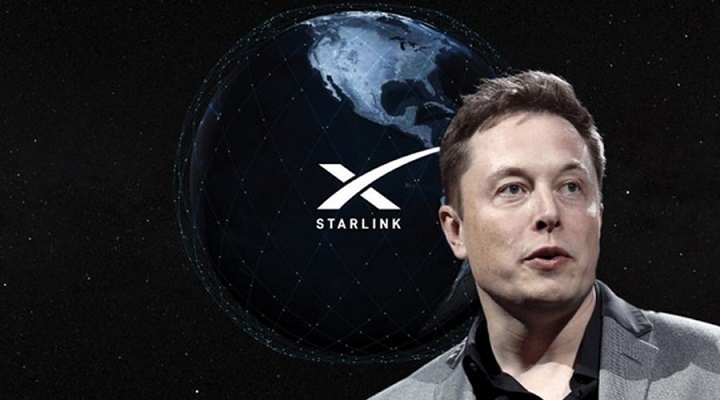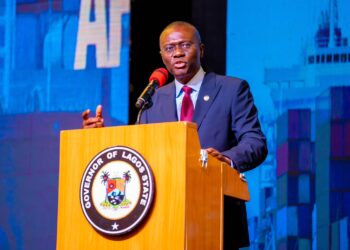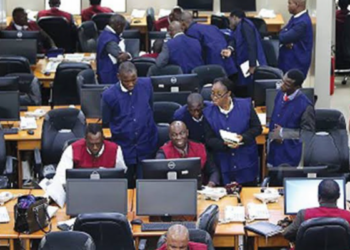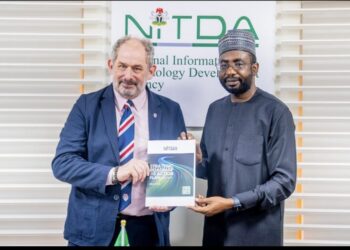In recent years, internet connectivity has become a vital component of daily life, and many nations have embarked on ambitious projects to expand and improve access to the internet. One such project is Starlink, a satellite-based internet service offered by SpaceX, which has recently launched its services in Nigeria.
The arrival of Starlink in Nigeria has been met with enthusiasm by many Nigerians, who hope that the service will improve internet access and reliability in the country. However, the introduction of Starlink also raises several concerns, particularly for local internet service providers, internet users, and national security.
To understand the potential impact of Starlink on Nigeria’s internet landscape, it is essential to first understand the country’s current internet situation. Nigeria has a population of over 200 million people, and according to data from the Nigerian Communications Commission, there are over 140 million active internet users in the country.
However, internet penetration in Nigeria is still relatively low, with only around 47% of the population having access to the internet. Additionally, internet connectivity in Nigeria is often slow and unreliable, particularly in rural areas, where access is limited or nonexistent.
Local internet service providers (ISPs) have been working to expand internet access in Nigeria and improve the quality of internet service, but they face several challenges. One major issue is the lack of reliable and affordable infrastructure, particularly in rural areas, where laying fiber optic cables is often impractical or expensive. Additionally, the high cost of broadband internet has made it difficult for many Nigerians to access the internet, particularly those living in poverty.
The arrival of Starlink in Nigeria could potentially provide a solution to these challenges. Starlink offers high-speed internet access via a constellation of low-earth orbit satellites, which are designed to provide internet access to remote and underserved areas. With Starlink, local ISPs may be able to expand their services to areas previously considered too remote or too costly to serve.
Starlink is relatively pricey costing about N19,260 in service fees monthly and another N268,584 in hardware costs for new buyers. This pricing model is actually more expensive when compared with local ISPs, which often charge modulated prices for their services. However, the higher cost may be mitigated by the promise of better service quality and faster internet download time. This inadvertently should be a source of concern to local ISPs.
Asides from its reliability, Starlink offers internet connectivity directly to users, cutting out the need for local ISPs. This means that local ISPs may lose business, particularly if Starlink is able to offer more reliable and valuable internet service. Additionally, if Starlink is able to provide internet connectivity to previously underserved areas, local ISPs may find it difficult to compete, as they may not have the resources to expand their services to these areas.
Some users have also complained about its reliability when it rains, citing its weather sensitivity as a major concern, especially during peak hours. To remain online, most users have to default to back up until the rains go away.
The arrival of Starlink also raises concerns around national security. As a satellite-based internet service, Starlink is not subject to the same regulations and oversight as terrestrial ISPs. This means that the Nigerian government may not be able to monitor or regulate internet traffic on the Starlink network, potentially creating a security risk. Additionally, as a foreign company, SpaceX may not be subject to the same data privacy laws as local ISPs, raising concerns about the protection of Nigerian user data.
Despite these concerns, the introduction of Starlink in Nigeria has largely been welcomed, and many Nigerians are optimistic about the potential benefits of the service. Starlink has already begun offering beta services in some areas, and initial reports suggest that the service is delivering on its promise of high-speed internet access, which could be a game-changer for many Nigerians, particularly those in rural areas.
To maximize the potential benefits of Starlink while minimizing the risks, it is important for the Nigerian government to work closely with SpaceX and local ISPs. The government should ensure that Starlink complies with local laws and regulations around data privacy and security. Additionally, the government should work with local ISPs to identify areas where Starlink could be used to expand internet access, while also supporting local ISPs to ensure that they remain competitive.
The introduction of Starlink in Nigeria can be considered a gift and a curse however it has the potential to transform the country’s internet landscape. But it is important to address the concerns around the impact on local ISPs and national security. By working together, the Nigerian government, SpaceX, and local ISPs can ensure that the benefits of Starlink are maximized while minimizing the risks.
Ultimately, the goal should be to provide reliable and affordable internet access to all Nigerians, regardless of their location or income level. While Starlink’s competitive pricing is a positive development, efforts should be made to ensure that the service is accessible to all Nigerians and that local ISPs are not unfairly impacted. With careful planning and collaboration, the introduction of Starlink could be a significant step towards a more connected and prosperous Nigeria.























Such a wonderful personality, you’re totally a genius with your work and you have the best options.thank you for your help✅ Elunmusk